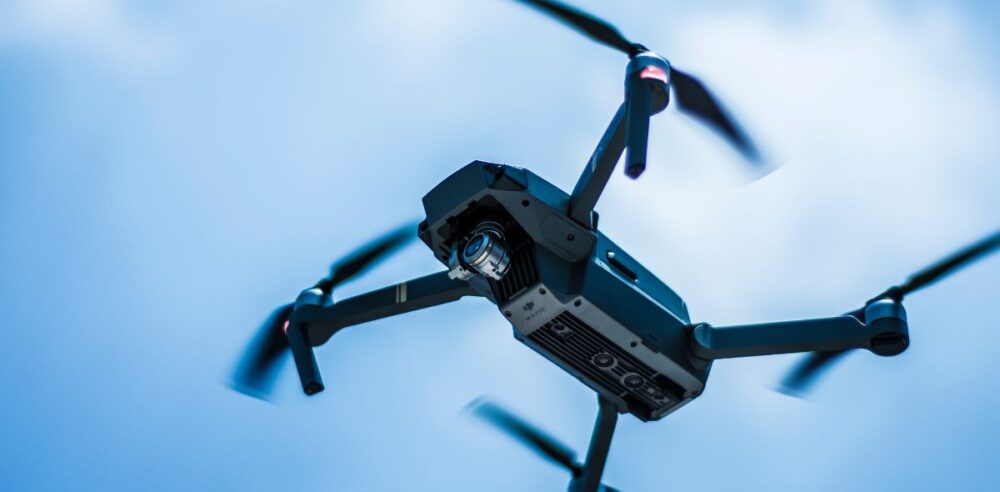The skies above Texas are getting a high-tech upgrade.
In a recent announcement, U.S. Senator Ted Cruz and Transportation Secretary Sean P. Duffy revealed that the Texas A&M system will now host the new Federal Aviation Administration’s Center for Advanced Aviation Technologies (CAAT), a national aviation research and development hub.
According to the FAA, Texas A&M’s DFW and Corpus Christi campuses will serve as home bases for the new federally funded FAA hubs. These hubs aim to revolutionize flight as we know it, from package-delivering drones previously covered by DX to “air taxis” that may someday navigate city skylines.
“Texas is the perfect place for our new Center for Advanced Aviation Technologies. Under Senator Cruz’s leadership, the state has already established itself as a leader in commercial drone safety testing,” Duffy said.
The announcement is a big economic win for Texas, where aerospace and defense innovation runs deep throughout the state’s history. According to the FAA, the new Center hopes to attract billions in private-sector investment and create thousands of high-paying jobs in engineering and manufacturing industries.
Cruz, who helped establish the FAA Reauthorization Act of 2024, said he wrote the provision that created the new Center for Advanced Aviation Technologies with Texas in mind.
“When I authored the bipartisan FAA Reauthorization Act of 2024, I wrote the language creating the Center for Advanced Aviation Technologies with the express intention of bringing that Center to the Dallas-Fort Worth area because of the groundbreaking innovation occurring there. I’m confident this new research and testing center will help the private sector create thousands of high-paying jobs and grow the Texas economy through billions in new investments,” Cruz wrote.
The CAAT will allegedly serve as a testing ground for advanced “air mobility systems,” unmanned aircraft, and flight safety technologies, including the adaption of these new forms of aviation tech into the National Airspace System. Some core features of the new hub will include an airspace laboratory, and testing corridors designed to simulate real-world flight scenarios.
The FAA had already designated a North Texas test site for commercial drone operations, including package deliveries using the Unmanned Aircraft System Traffic Management system.
The new CAAT hub will build on the past momentum, expanding capabilities to include powered-lift vehicles, urban air taxis, and integrated flight control systems, according to the FAA.
Texas A&M was selected from a pool of 28 proposals from various universities and agencies nationwide to receive the Center. Officials reported that A&M’s strong academic foundation, existing flight testing infrastructure, and proximity to major international airports were big contributors to why TAMUS won the bid.
“This is massive achievement – this will bring thousands of high-paying jobs and investments to DFW,” Cruz said.
The @DOT and @SecDuffy have just announced that the Texas A&M Fort Worth campus will house the new FAA research center.
This is massive achievement—this will bring thousands of high-paying jobs and investments to DFW.https://t.co/SHX3GERo9J
— Senator Ted Cruz (@SenTedCruz) April 23, 2025


